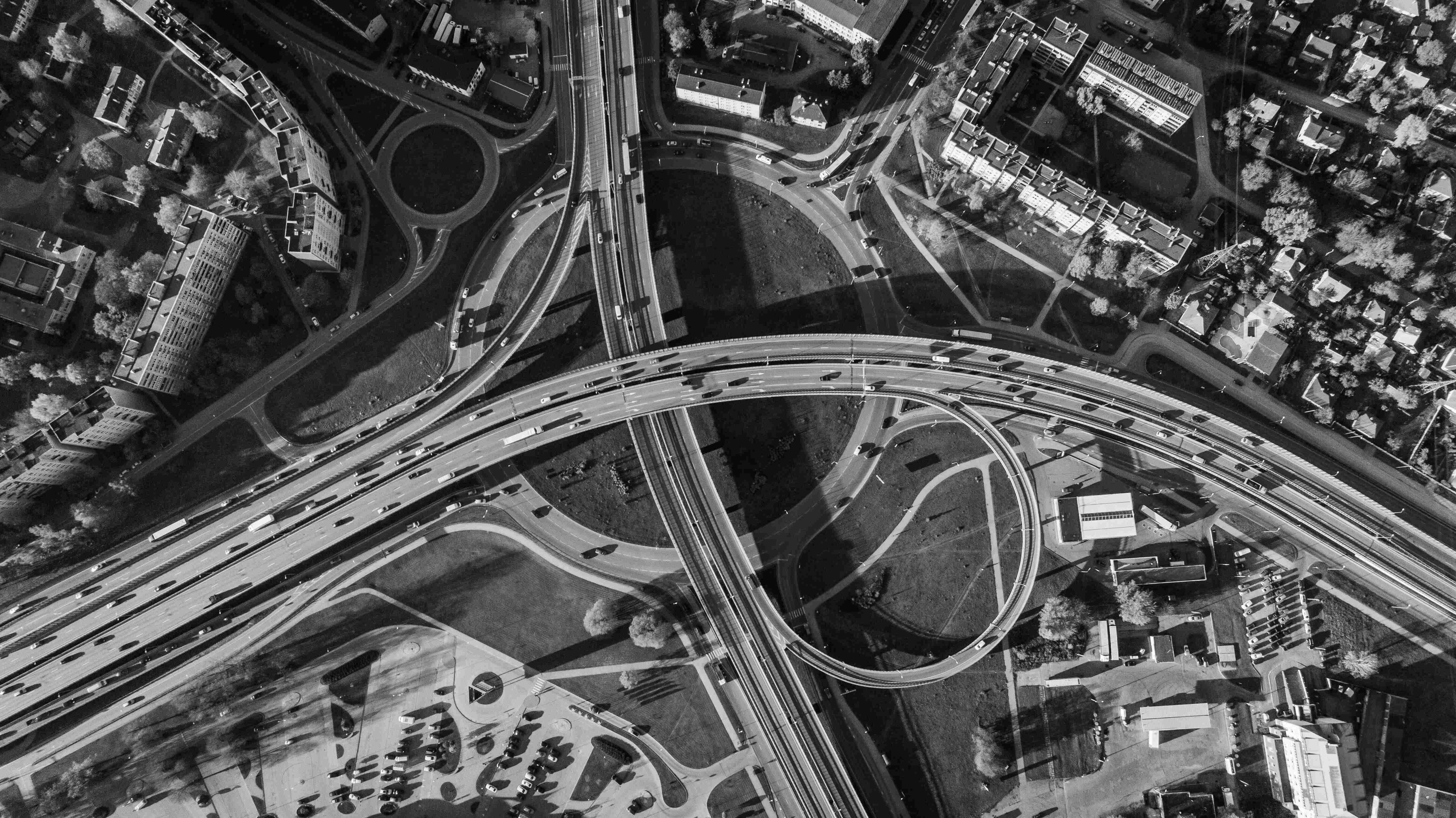Smart cities: the future of urbanization
In the face of an unstoppable urbanization trend that is expected to reach 6.4 billion city dwellers by 2050, cities around the world are facing the challenge of not only creating more space, but also developing innovative solutions for housing, mobility and business. The solution? Smart cities. These digitally connected and sustainably designed urban environments promise to significantly improve the quality of life of their residents by using technology and innovation to create more efficient, greener and more advanced cities.
Why smart cities?
The megatrend of urbanization requires a rethink in urban planning and development. Smart cities offer innovative approaches to cope with increasing population density and improve the quality of life at the same time. By integrating technology and striving for sustainability, smart cities help to reduce the ecological footprint, solve traffic problems and provide citizens with access to efficient public services.
The six building blocks of a smart city
Smart cities use digital technologies to provide an answer to the urban challenges of our time. They are based on six fundamental building blocks: Smart Environment, Smart Governance, Smart Economy, Smart Mobility, Smart Living and Smart People. These elements interact with each other to make cities more efficient, sustainable and liveable.
Smart environment
A "smart environment" stands for the use of innovative technologies to improve the urban environment. This includes measures to reduce CO2 emissions, the promotion of renewable energies, intelligent waste management systems and sustainable urban planning. The aim is to minimize the city's ecological footprint and conserve natural resources.
Smart governance
Smart governance refers to the digitalization of city administration in order to make services more efficient, transparent and accessible. This includes digital citizen services, e-government solutions and the use of data to improve decision-making. By promoting citizen participation and engagement, smart governance improves the relationship between government and citizens.
Smart Economy
The smart economy promotes economic development through digitalization and innovation. This includes the creation of technology parks, support for start-ups and the promotion of digital education to increase the city's competitiveness. A smart economy is flexible, productive and creates new jobs in future-oriented sectors.
Smart mobility
Smart mobility is about making transport and mobility in the city more efficient, sustainable and user-friendly. This is achieved through the use of intelligent transport systems, e-mobility, car-sharing services and the expansion of local public transport. Smart mobility reduces traffic congestion, improves air quality and promotes the use of environmentally friendly means of transport.
Smart Living
"Smart Living" aims to improve the quality of life of city dwellers through the use of technology. This includes intelligent buildings that save energy, smart healthcare services that improve medical care and security systems that increase public safety. Smart living enables a more comfortable and safer everyday life in the city.
Smart People
The "Smart People" building block focuses on the education, qualification and participation of city dwellers. Through access to digital education and lifelong learning, citizens are empowered to actively participate in the digital transformation. A smart population is well informed, socially engaged and contributes to the innovative strength of the city.
The integration of these six building blocks forms the foundation for smart cities that are not only technologically advanced, but also sustainable and inclusive. Collaboration between urban planners, companies such as North IT Group GmbH, and citizens creates urban spaces that are up to the challenges of the 21st century and offer a high quality of life.
Smart city examples and projects in Germany
Germany is playing a leading role in the development of smart cities. With projects such as the "Urban Digital" digital test field in Hamburg and the implementation of the Smart City Charter in Leipzig, German cities are demonstrating how digital technologies are being used to overcome urban challenges. Companies such as North IT Group GmbH play a crucial role in supporting these initiatives by offering expertise in digital transformation and PropTech.
Perspective
The future of urbanization lies in smart, connected cities that not only master economic and environmental challenges, but also ensure a high quality of life for their residents. However, the successful implementation of smart city strategies requires the active participation and acceptance of the population. Through cooperation between city administrations, companies and citizens, smart cities can become a model for sustainable and efficient urban living spaces worldwide.



